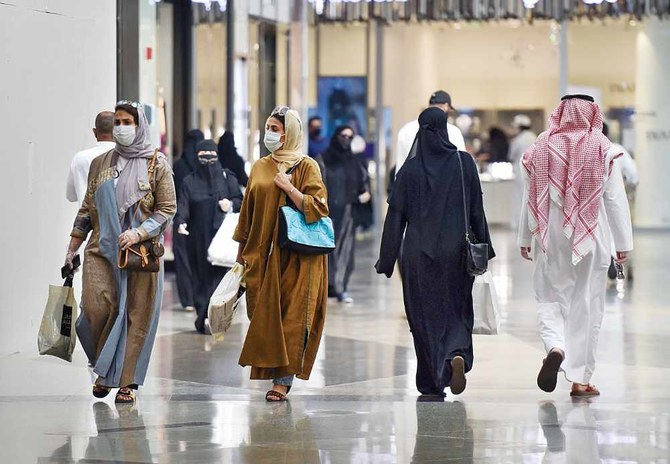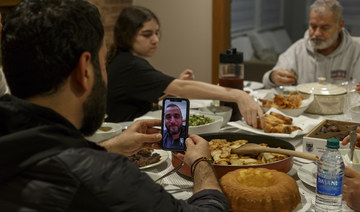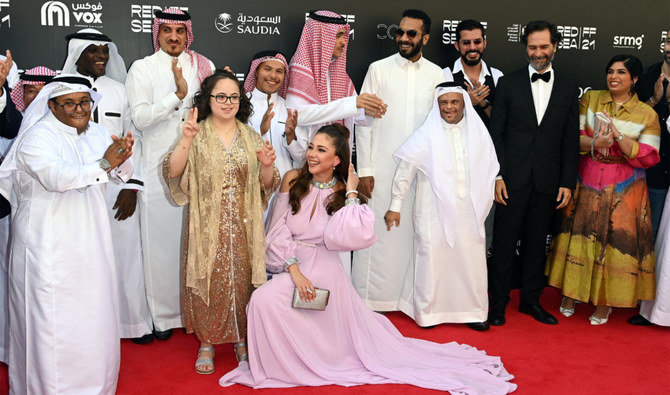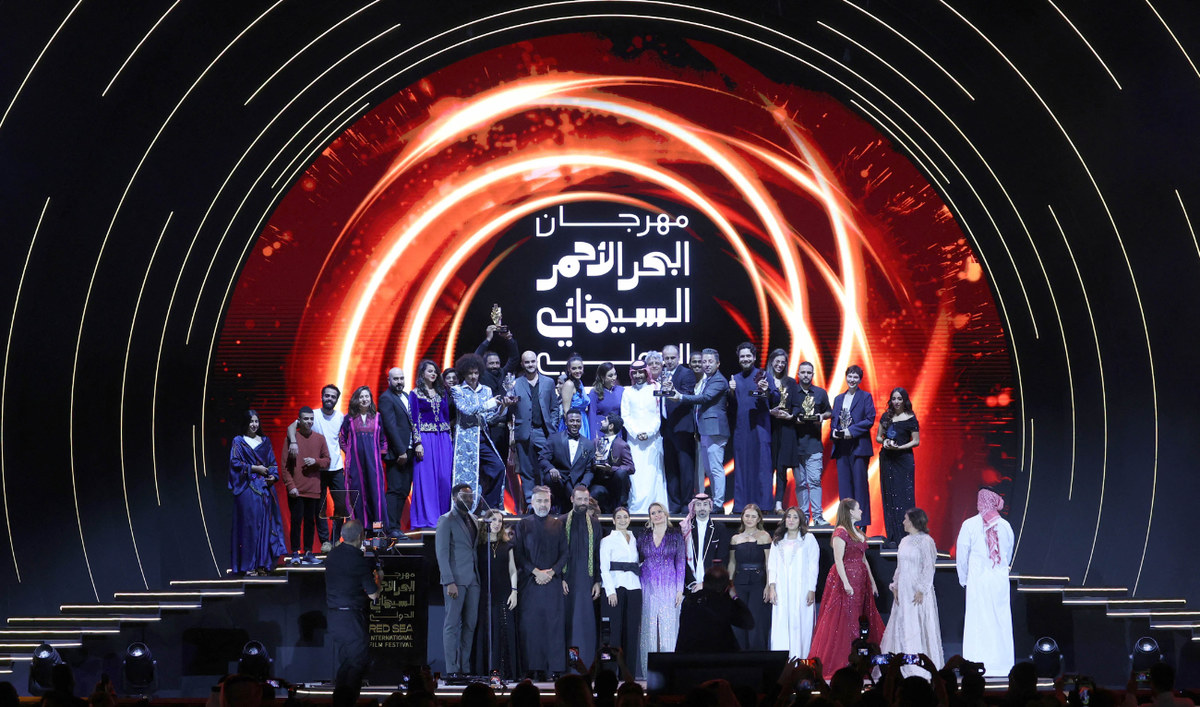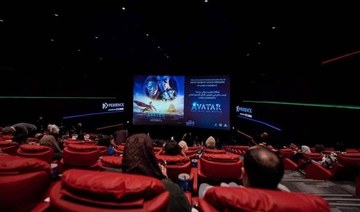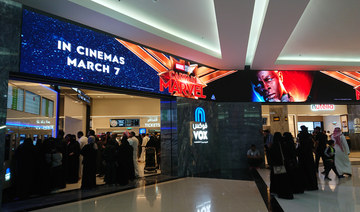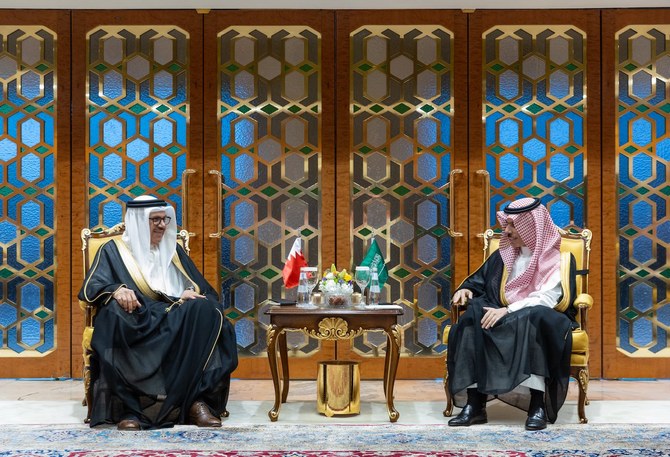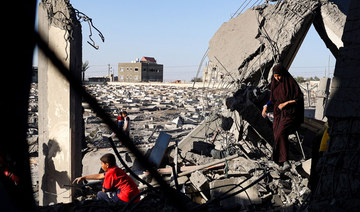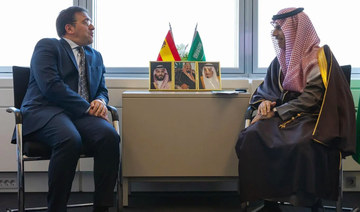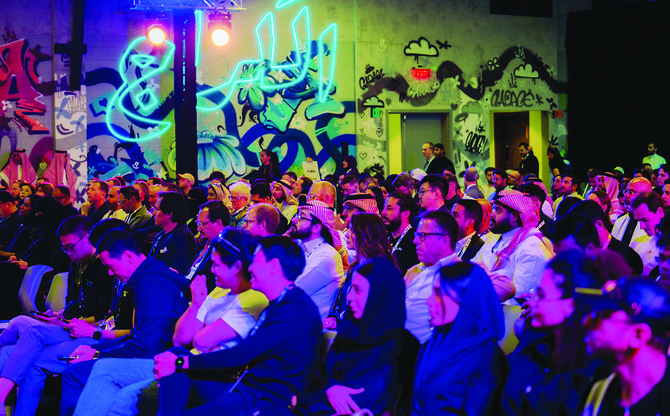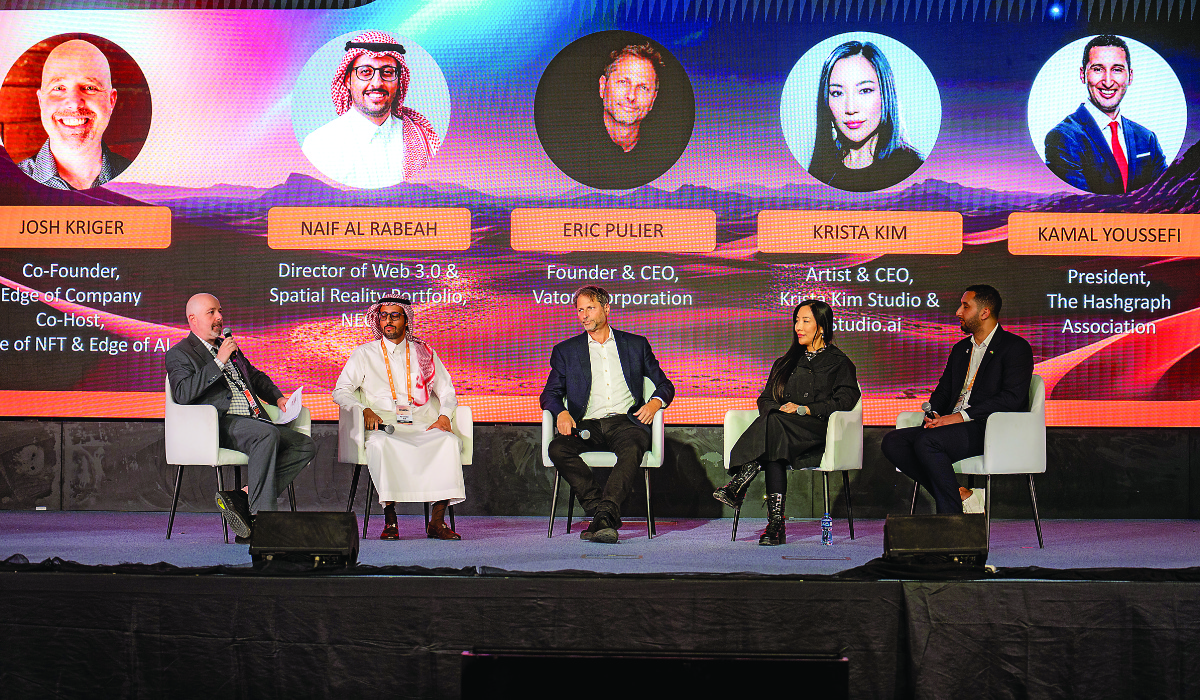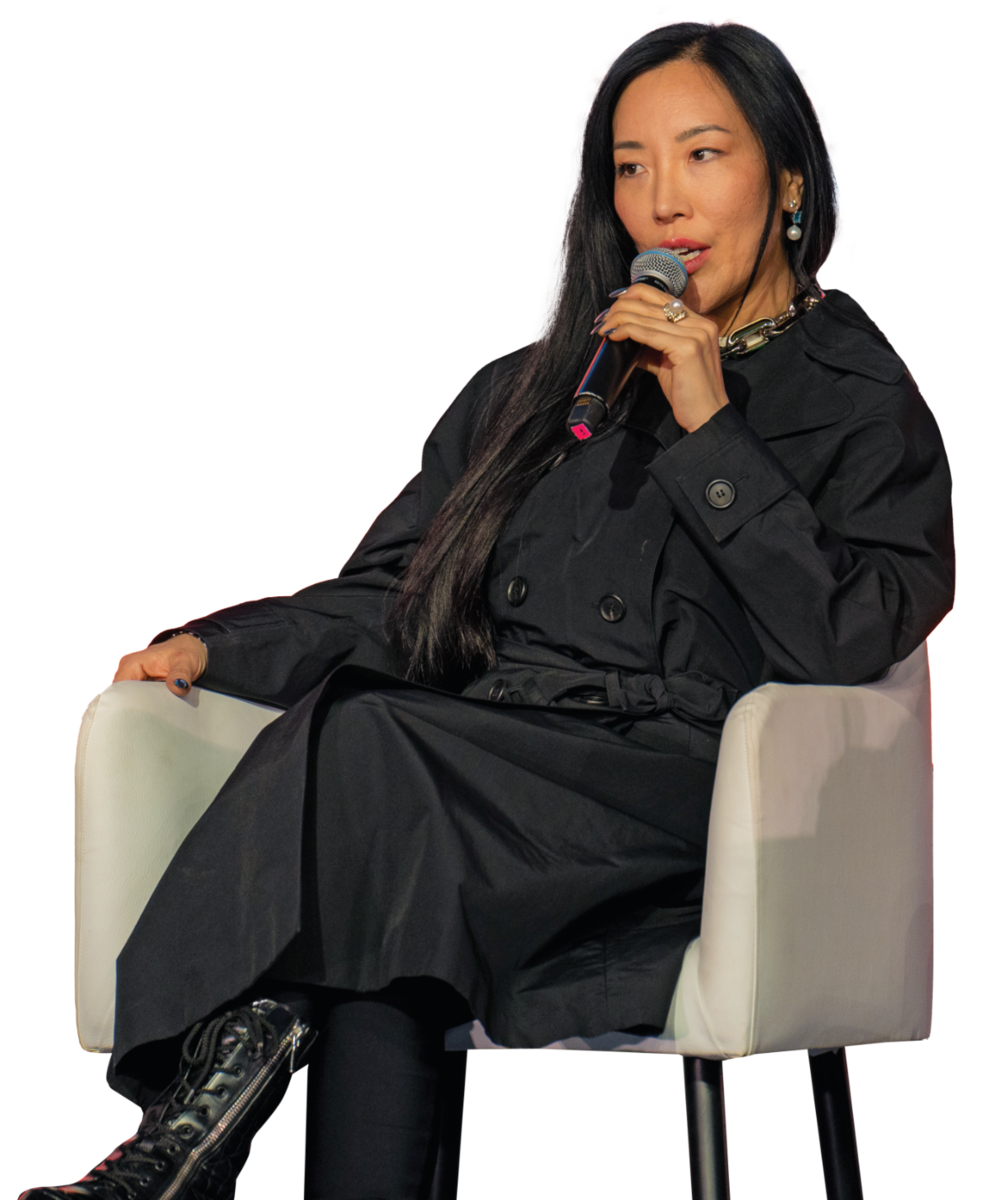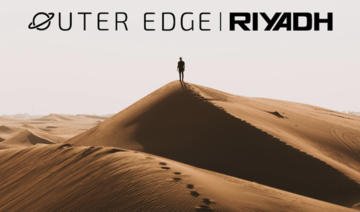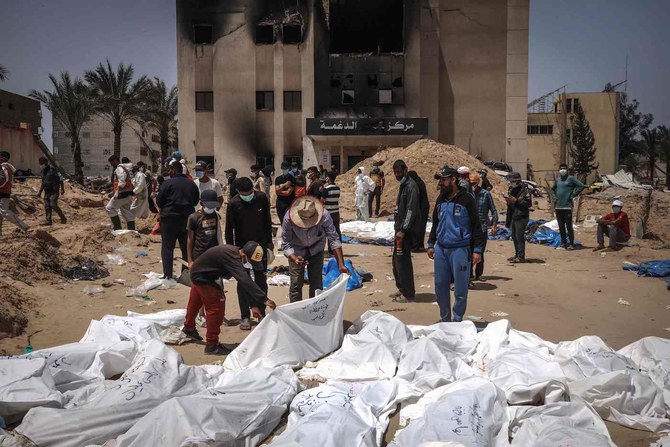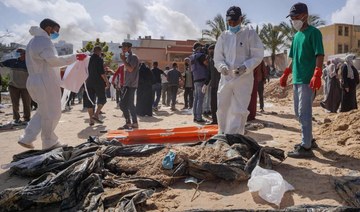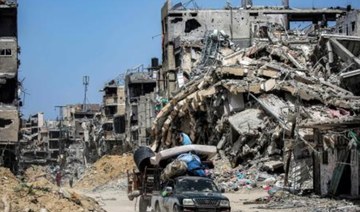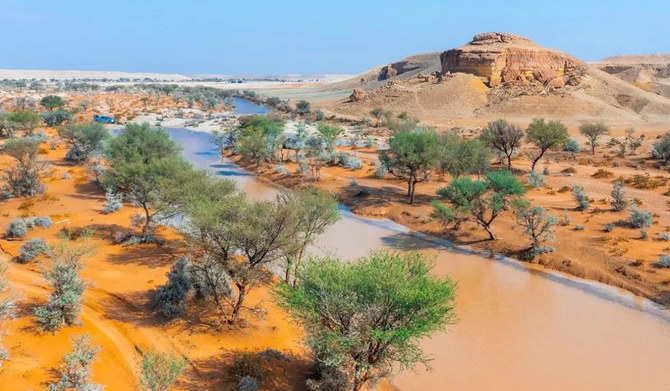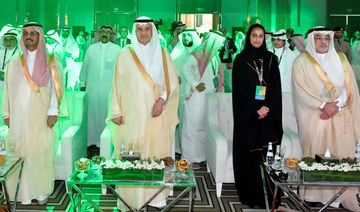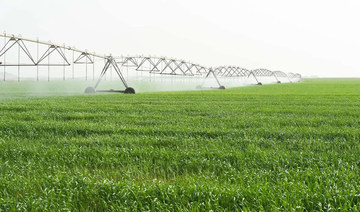JEDDAH: Families across Saudi Arabia are ringing in Eid Al-Fitr celebrations in seclusion — with none of the fast-paced hustle and bustle of what is usually the busiest night of the year — amid a 24-hour curfew in the Kingdom.
This year’s Eid Al-Fitr has been met with quiet streets, closed salons and barbershops, and no lengthy queues outside chocolate stores.
Saudi authorities announced few weeks ago that a 24-hour curfew would be imposed across the Kingdom during the five-day national holiday (May 23-27) to curb the spread of the coronavirus disease (COVID-19).
Each year, Eid celebrations begin as soon as the new moon is first sighted, marking the end of Ramadan and the beginning of Shawwal, according to the Islamic calendar.
That night is the busiest of the year, with crowded streets, and malls and shopping centers full of last-minute shoppers in search of dresses, shoes and accessories. Sweets shops are packed, and barbershops and salons work all night serving customers who want to look their best on the first day of Eid.
This year’s Eid lacks the Eid prayer assembly, as the coronavirus pandemic has forced mosques around Saudi Arabia to close. A recent announcement will allow Eid chants to be called from neighborhood mosques and the Saudi grand mufti has said Muslims can perform Eid Al-Fitr prayers at home.
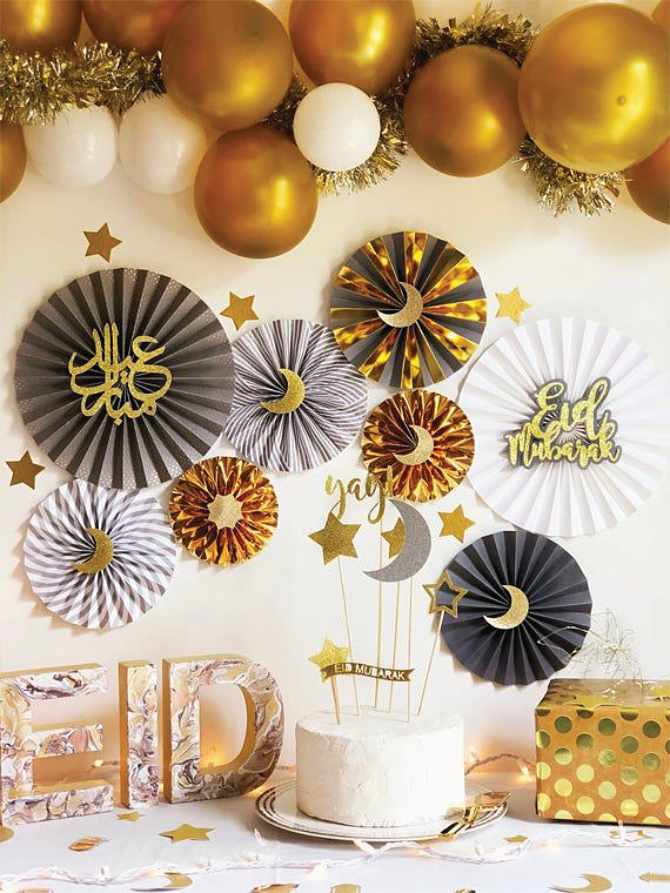
Jana Bashraheel, a 19-year-old university student, will be doing just that, listening and repeating the Eid chants heard from nearby mosques with her family, as her mother suggested.
A normal Eid day would start with a bath, putting on clean new clothes, eating a small snack to demonstrate the end of the fasting month, and then attending prayer with the family at the mosque, where people meet with neighbors, relatives, and friends and greet them with “Eid Mubarak” (Blessed Eid).
Eid Al-Fitr literally means “festival of breaking the fast” and Eid Al-Fitr is exactly that — the breakfast meal is essential on the first day, therefore it is a perfect time for family reunions, usually at the home of the eldest member of the family.
“I will miss having breakfast on the first day of Eid with friends and family,” said Bashraheel.
Families normally exchange home visits while children run around wearing their new clothes after enjoying loads of chocolates and Eidiyah (money given to children as a gift).
Other families would choose to go to a restaurant, while residents of coastal cities such as Jeddah make sure to visit the sea.
HIGHLIGHTS
- To check the spread of COVID-19, Saudi authorities announced few weeks ago that a 24-hour curfew would be imposed during Eid holidays.
- This year’s Eid lacks the Eid prayer assembly, as the coronavirus pandemic has forced mosques around Saudi Arabia to close.
- A recent announcement will allow Eid chants to be called from neighborhood mosques and the Saudi grand mufti has said Muslims can perform Eid Al-Fitr prayers at home.
- Due to curfew, people are making homemade gift baskets and hanging decorations to celebrate the event.
However, with none of these celebrations possible during the pandemic, Eid has been left paralyzed by the virus.
As a result, families have been innovating to make sure this year’s Eid does not end in disappointment.
An endless number of posts and messages spread via social media on how to spend a unique Eid in quarantine have been circulating in recent days. These range from suggestions on homemade gift baskets and hanging decorations, to games and even homemade pinatas.
However, for some people, this Eid is a unique experience that could be more interesting than the usual celebrations.
Amal Al-Thobaiti, from Jeddah, said: “I have never been this thoughtful about Eid before. It is my first time putting this much effort into it, but with the current depressing crisis we couldn’t allow it to get gloomier.”
Al-Thobaiti, with her family, made Eid decorations by hand, prepared a varied breakfast menu, and ordered Eid chocolates online.
“I also ordered gifts for the family online, and got myself new pajamas — it’s the first time for me doing all this and it feels like the first Eid ever,” she said. “I wanted to compensate for not being able to go to the sea or dine in a restaurant as usual.”
Shayma’a Al-Sheikh also made plans to play board games, watch movies and dig into old family albums.
She is remaining optimistic, saying that “the most important thing for me is my family, so long as I’m with them, it’ll be fine.”
Malak from Riyadh is having a similar experience, preparing simple celebration arrangements with her siblings.

“I feel, as a family, that we became more excited than usual this year, because we are focusing on creating real Eid vibes at home in lockdown instead of directing our focus on our appearances and the way we are dressed up,” she told Arab News.
“My siblings made gifts to send to relatives who we won’t be able to visit due to the lockdown,” she added.
Although the lockdown has not affected her routine much, Malak said that she is struggling to avoid boredom and being obsessed about cleanliness, “which is quite depressing.”
Abdullah Al-Muhsin’s only plan is to enjoy and document his new Eid outfit. “My friend and I will dress up for Eid and have a photo session on the roof,” he told Arab News.
Hadeel Ezmirli, a 30-year-old florist, said that in keeping up with the tradition of buying new clothes, she shopped online.
“I believe that buying new things will change our mood in a good way. I want to at least feel the vibe of Eid, even though I will be home.
“I don’t think that people should just not celebrate Eid because of the lockdown. I will just celebrate Eid in a different way than usual.”
The lockdown and suspension of flights have also had an impact on non-Saudis living in the Kingdom who used to travel home to celebrate such important occasions with their families.
Hamza Kindy, a Bahraini national living alone and working in Riyadh, had to stay in Saudi Arabia because of his job.
However, he also planned to enjoy Eid, saying: “I am delaying completing the anime series I’m currently watching until Eid, and I have to say I’m barely remaining patient.”
Mojahed Jbarat, a Jordanian national living and working in Alkhobar, said: “My wife, our two-year-old daughter and I will celebrate Eid at home and we will make kaak (Palestinian date ring cookies).”
Mohsin, who was able to return to the family’s house in Najran before the travel curfew was imposed, said: “Although there won’t be the usual Eid prayer, we will enjoy our reunion as a family like every Eid.”



